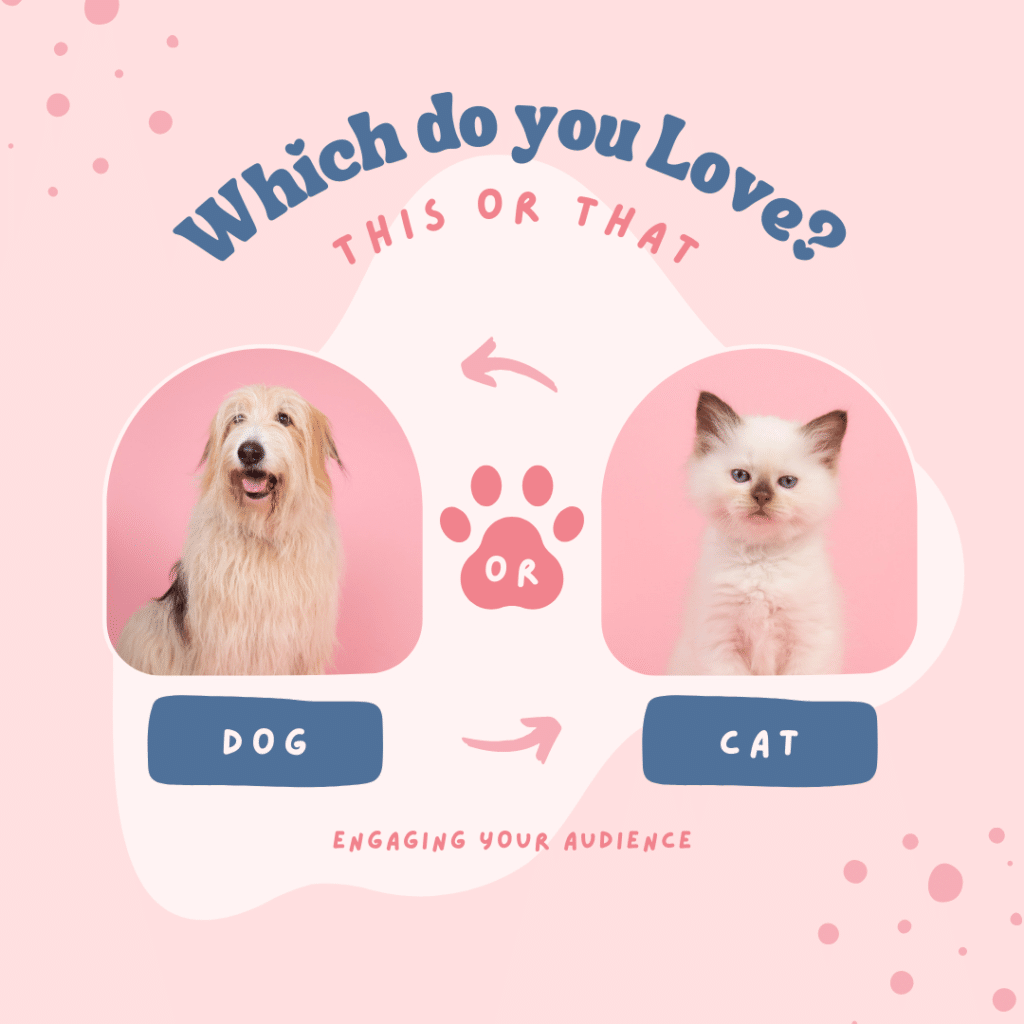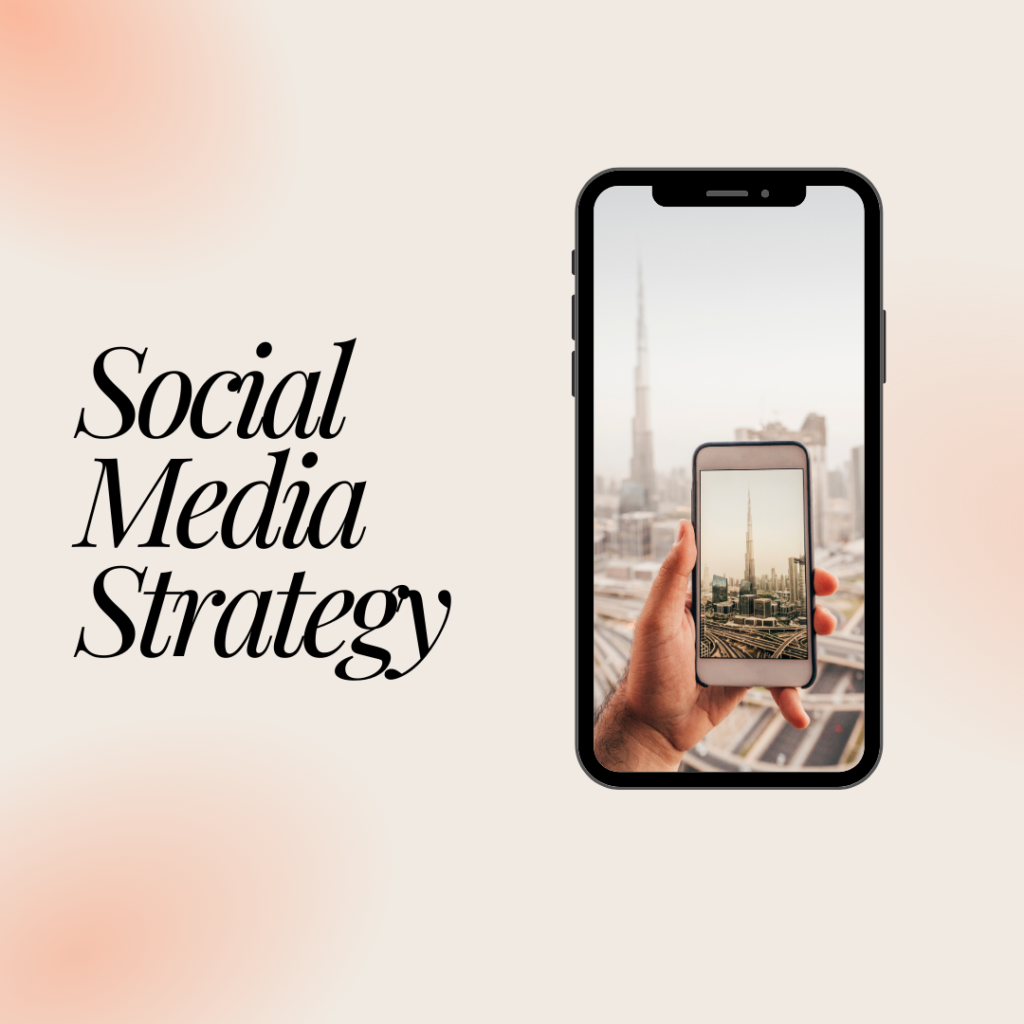Social media has become an integral part of our daily lives, and it’s no surprise that tourism companies are leveraging it to promote their brand, engage with customers, and drive bookings.
With the rise of social media platforms like Facebook, Twitter, Instagram, and TikTok, tourism companies have an incredible opportunity to reach new audiences and build relationships with existing customers.
In this article, we’ll explore how tourism companies can use social media for marketing and engagement.
We’ll discuss the benefits of social media marketing, the different types of content that work well on social media, and how to create a social media strategy that gets results.
Benefits of Social Media Marketing for Tourism Companies

Social media platforms offer tourism companies numerous benefits that can positively impact their business in several ways.
Below are some detailed explanations of the benefits of social media for tourism companies:
Increased Brand Awareness
Social media provides an opportunity for tourism companies to showcase their brand to a wider audience.
By creating social media accounts and regularly posting high-quality content, tourism companies can establish a strong online presence, which can increase brand awareness and recognition.
Cost-Effective Marketing
Social media is a cost-effective way for tourism companies to market their products and services. Creating social media accounts is free, and posting content is also free, making it an affordable marketing tool.
Additionally, social media allows companies to target specific audiences, which can save money on marketing costs.
Improved Customer Engagement
Social media platforms provide a two-way communication channel between tourism companies and their customers.
This allows companies to engage with their customers, receive feedback, and respond to customer queries.
This improved engagement can lead to higher customer satisfaction and loyalty.
Increased Traffic and Conversions
Social media platforms can drive traffic to tourism company websites and increase conversions.
By posting links to their website or booking page, tourism companies can attract potential customers who are interested in their products and services.
Competitive Advantage
Social media provides tourism companies with a competitive advantage over their competitors who are not utilizing social media.
By creating engaging content and establishing an online presence, tourism companies can differentiate themselves from their competitors and attract customers.
Improved Customer Insights
Social media platforms provide valuable insights into customer behaviour and preferences.
By analysing social media metrics such as likes, comments, and shares, tourism companies can gain insights into customer preferences and adjust their marketing strategies accordingly.
Understanding Your Audience on Social Media

Understanding your audience on social media is crucial for tourism companies to effectively market and engage with potential customers.
Here are some tips for understanding your audience on social media:
Conduct audience research
Before creating social media content, tourism companies should conduct audience research to gain a better understanding of their target audience.
This research should include demographics such as age, gender, location, and interests.
Monitor social media engagement
By monitoring engagement on social media, companies can gain insights into the preferences and behaviour of their audience.
This includes tracking which types of content receive the most engagement, what times of day are most active, and which social media platforms are most popular among their audience.
Utilize social media analytics tools
Social media platforms such as Facebook Insights or Twitter Analytics, to track engagement, reach, and impressions.
By analysing this data, companies can gain a better understanding of their audience and adjust their marketing strategies accordingly.
Engage in social listening
Social listening involves monitoring social media conversations related to a company or industry.
By engaging in social listening, tourism companies can gain valuable insights into what their audience is saying about their brand and industry, and adjust their marketing strategies accordingly.
Utilize user-generated content
User-generated content, such as customer reviews and photos, not only provides valuable insights into the preferences and behaviour of a company’s audience but also encourages engagement and builds trust with the audience.
By featuring user-generated content on social media, tourism companies can demonstrate their commitment to customer satisfaction.
Utilize influencer marketing
Influencer marketing involves partnering with social media influencers to promote a company or product.
By partnering with influencers who have a large following among their target audience, tourism companies can effectively reach potential customers and gain insights into the preferences and behaviour of their audience.
Creating Engaging Social Media Content for Tourism Companies

Tourism companies must create content that engages and informs their audience.
Creating compelling social media content is critical for tourism companies to market themselves and connect with potential customers.
Here are some tips to help tourism companies create engaging social media content:
Use high-quality visuals
Eye-catching visuals are essential for creating engaging social media content.
Tourism companies should use high-quality photos and videos to showcase their destinations, attractions, and accommodations in the best possible light.
Tell a story
Storytelling is an effective technique for creating compelling social media content.
Tourism companies should share the history and culture of their destinations, highlight unique experiences and attractions, and share customer stories and testimonials to captivate their audience.
Be authentic
Authenticity is key to creating engaging social media content. Tourism companies should aim to showcase the real experiences and people behind their brand, rather than relying solely on stock photos and generic marketing messages.
Provide value
Providing value to the audience is crucial for creating engaging social media content.
Tourism companies can share helpful travel tips and recommendations, offer exclusive promotions and discounts, and provide behind-the-scenes looks at destinations and attractions to keep their audience engaged.
Engage with your audience
Social media is a two-way conversation. Tourism companies should aim to engage with their audience and respond to comments and questions in a timely and professional manner.
This engagement can help build relationships with potential customers and increase brand loyalty.
Utilize user-generated content
User-generated content, such as customer photos and reviews, can be a powerful tool for creating engaging social media content.
Tourism companies should encourage customers to share their experiences on social media and then feature this content on their own channels.
Utilize video content
Video content is becoming increasingly popular on social media and can be a powerful tool for tourism companies to showcase their destinations and attractions.
This can include virtual tours, behind-the-scenes looks, and customer testimonials.
By using these tips, tourism companies can create engaging social media content that resonates with their audience, drives engagement and increases brand awareness.
Leveraging Influencers and User-Generated Content

Tourism companies can effectively market and engage with potential customers by leveraging influencers and user-generated content (UGC).
Below are some key strategies for doing so:
Influencer Marketing:
- Identify relevant influencers: To identify influencers that align with your brand values and messaging, tourism companies should search for those who have a following among their target audience.
- Build relationships: Engaging with influencers’ content, commenting on their posts, and sharing their content can help build relationships before approaching them for a partnership.
- Collaborate on content: Collaborating on sponsored posts, reviews, and social media takeovers that showcase your brand and products with influencers that you have built relationships with can be effective.
- Measure success: Tracking the success of influencer campaigns by monitoring engagement, reach, and conversions is key to adjusting and optimizing future campaigns.
User-Generated Content:
- Encourage customers to share: Offering incentives, hosting photo contests, and using hashtags to encourage customers to share their experiences on social media can increase UGC.
- Curate UGC: Curating UGC on your social media channels can showcase real-life experiences and provide social proof.
- Feature UGC on your website: Featuring UGC on your website can increase credibility by showcasing real-life experiences.
- Monitor and respond: Monitoring UGC related to your brand and responding in a timely and professional manner can increase engagement and build relationships with potential customers.
Building a Social Media Strategy that Works

Building an effective social media strategy for tourism companies requires careful planning and execution.
Here are some key steps for doing so:
Define your goals
Defining your goals is crucial for guiding your strategy and focusing on the metrics that matter, such as increasing brand awareness, driving bookings, or building relationships with potential customers.
Define your target audience
Understanding your ideal customers’ interests, needs, and pain points can help create content and messaging that resonates with them.
Choose the right social media platforms
Choosing platforms that are most relevant to your target audience, such as Instagram and TikTok for millennials, can be effective.
Develop a content strategy
Creating compelling content tailored to your target audience that showcases your brand and products can help build an effective social media strategy.
Utilize paid advertising
Utilizing paid social media ads, influencer partnerships, and sponsored content can help amplify your message and reach a larger audience.
Monitor and measure success
Tracking metrics such as engagement, reach, and conversions is key to adjusting and optimizing future campaigns.
Stay up-to-date on trends and best practices
Staying informed on the latest social media updates, attending conferences and workshops, and following industry leaders and influencers can help tourism companies stay up-to-date on trends and best practices.
Conclusion
Tourism companies can use social media to promote their brand, engage with customers, and drive bookings.
By understanding their audience, creating compelling content, leveraging influencers and UGC, and building a social media strategy that works, they can achieve their marketing goals and build strong relationships with their customers.



